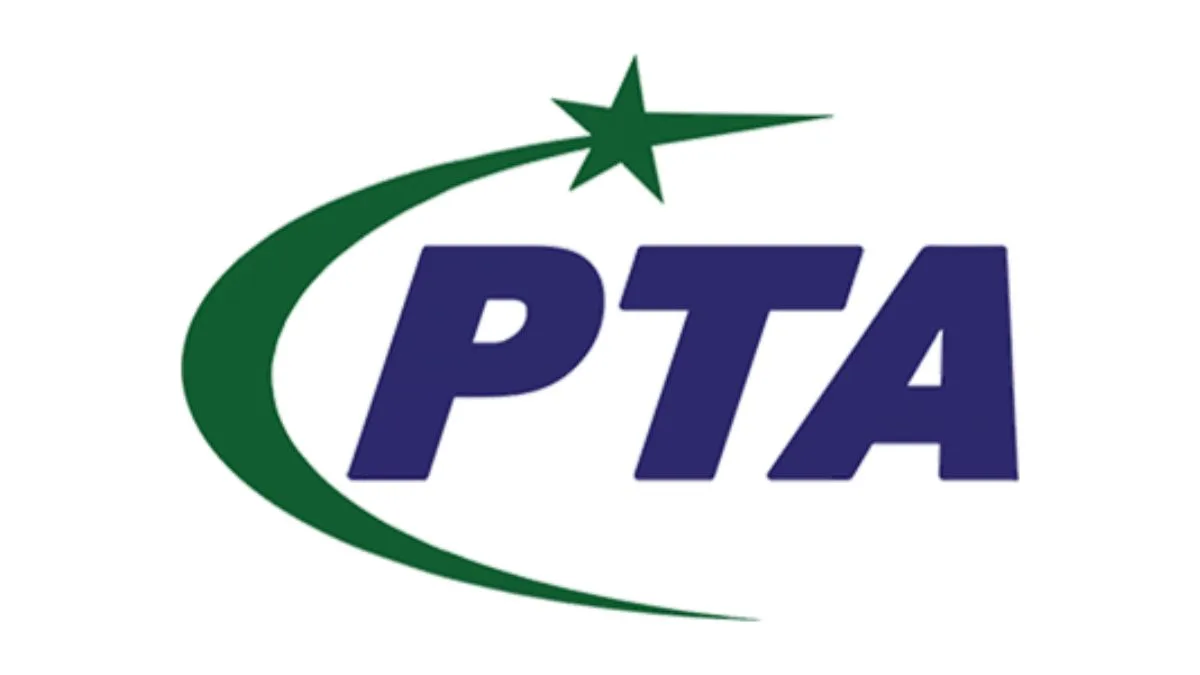Heat Exhaustion / Heat Stroke and Treatment – Things which you need to keep in mind about Heat Exhuastion and Heat Stroke and how to deal with a patient before safely transporting to the nearest hospital.
Heatstroke occurs when your body temperature rises rapidly and you’re unable to cool down. It can be life-threatening by causing damage to your brain and other vital organs. It may be caused by strenuous activity in the heat or by being in a hot place for too long.
Heatstroke can occur without any previous heat-related condition, such as heat exhaustion. Heatstroke signs and symptoms include:
- Fever of 104 F (40 C) or greater
- Changes in mental status or behavior, such as confusion, agitation, slurred speech
- Hot, dry skin or heavy sweating
- Nausea and vomiting
- Flushed skin
- Rapid pulse
- Rapid breathing
- Headache
- Fainting, which may be the first sign in older adults
- Normal Body core Tempreture – 37 C
- Heat Exhustion – 40 C
- Heat Stroke 41 C and Higher

Heat Exhaustion Symtoms
- Nausea
- Vomiting
- fatigue
- weakness
- headache
- muscle cramps
- dizziness
- Weak
- Rapid pulse
- Low blood pressure
- Mental status normal
- Behavior Normal
Heat Stroke Symptoms
- Reduced level of consciousness
- Irritable
- High body temperature
- Absence of sweating ,
- hot red or flused dry skin
- Rapid pulse
- Difficulty in breathing
- Strange behavior
- Hallucinations
- Confusion
- Aagitation
- Disorientation
- Seizure and/ or Coma
- Muscular pain
- vomiting
- mental status confused
- Behavior – erratic

 Treatment
Treatment
- Lay person down & elevate legs
- Ensure normal breathing
- If thirsty give water to drink
- Move person to a cool ventilated area
- Check for breathing pulse and circulation
- If possible cover the person with ice packs or cold water to reduce the body temperature
- Give water to drink
- Monitor vital signs
- Get person to Hospital

Call Edhi Ambulance Service 115 or Chippa 1020
Avoiding heat exhaustion and heatstroke
There are steps you can take to reduce the risk of getting heat exhaustion and heatstroke during a heatwave.
- staying out of the sun during the hottest parts of the day, particularly between 11am and 3pm
- if you have to go out in the heat, walk in the shade, apply sunscreen and wear a hat
- do not leave anyone in a parked car
- avoid extreme physical exertion
- have plenty of cold drinks, but avoid drinks that contain caffeine and alcohol
- eat cold foods, particularly salads and fruit with a high water content
- take a cool shower, bath or body wash
- sprinkle water over your skin or clothing, or keep a damp cloth on the back of your neck
- keep your environment cool
 Treatment
Treatment








